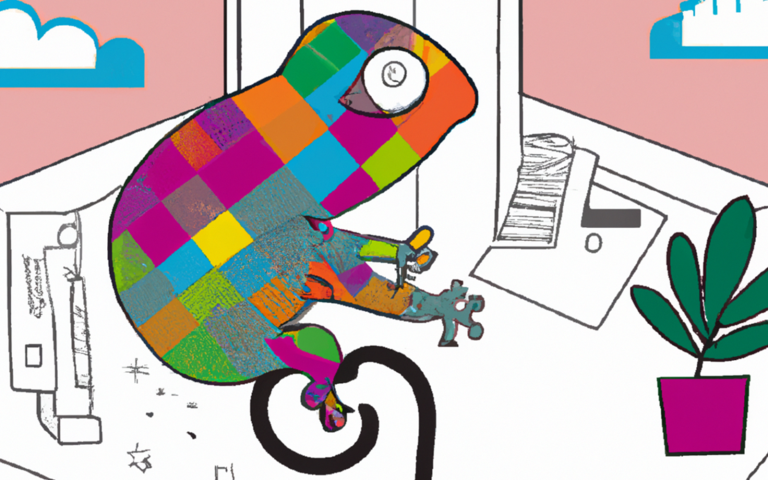New study by IOE researchers explores pressures to mask neurodivergent aspects of yourself at work
6 September 2023
Researchers from the Centre for Research in Autism and Education (CRAE) compare the motivations behind masking and the pressures autistic and neurodivergent people face at work.

The term ‘masking’ refers to hiding one’s traits during social interaction. Research shows that this is particularly common for autistic people, though many non-autistic people ‘mask’ as well.
The team surveyed autistic, non-autistic neurodivergent and neurotypical adults in the UK to understand why some employees feel the need to hide aspects of their identity and personality. They chose to examine the workplace, as they felt that this is where masking would be prevalent. The choice also allowed them to compare the motivations and consequences of masking in other social or formal contexts.
The researchers found masking to be an ‘adaptive response’ against any potential negative social and employment outcomes, particularly the unique pressures reported by both non-autistic and autistic neurodivergent people.
A pressure they identified was stigma. Autistic and neurodivergent workers, for example, report masking to avoid potential negative reactions from colleagues and employers. Another reported motivation behind masking was the importance of social goals, like ‘fitting in’ at work or sustaining significant employment.
The paper was co-authored by CRAE researchers Amber Pryke-Hobbes, Jade Davies, Adam Livesey, Amy Walker and Professor Anna Remington, Professor Elizabeth Pellicano (UCL Brain Sciences) and Brett Heasman (York St John University).
The paper was published in PLOS One on 6 September 2023. The study was funded by Autistica, and CRAE is supported by Pears Foundation.
Links
- Read the full paper: The workplace masking experiences of autistic, non-autistic neurodivergent and neurotypical adults in the UK
- Amber Pryke-Hobbes' research profile
- Jade Davies’ research profile
- Professor Elizabeth Pellicano’s research profile
- Q&A with Professor Anna Remington
- Centre for Research in Autism and Education (CRAE)
- Department of Psychology and Human Development
Image
Brian Irvine for CRAE.
 Close
Close

